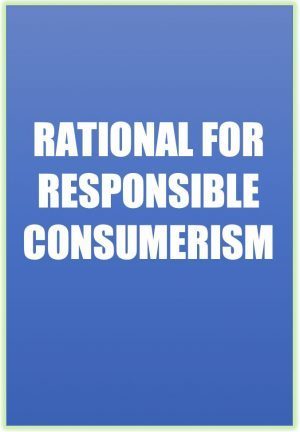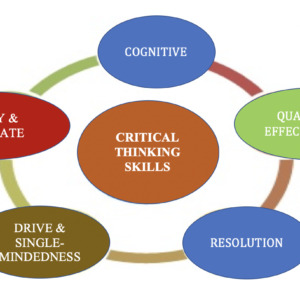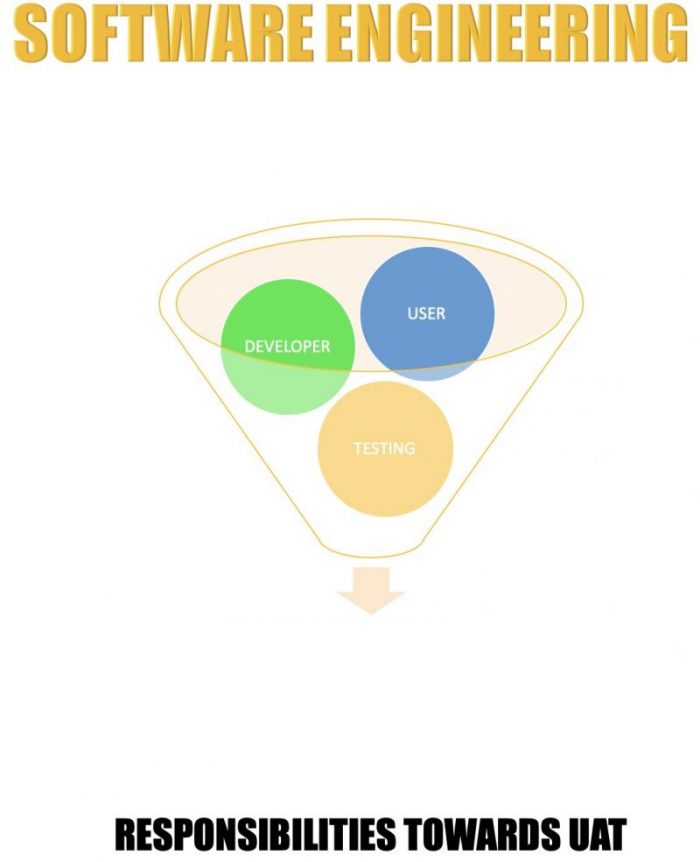IMPACT OF CONSUMERISM
The processes and interactions between heat formation, work done, temperature, and energy consumed or emitted enhanced by human factors, most of the materials being consumed are being wasted, lots of junks, some items are not even needed in the first place, lots of products are being transformed to another form of energy which ends up polluting the environment, plants and water bodies, damages been done in the process outweighs the benefits. Manufacturers and distributors have succeeded in working on the majority percentage of consumers; individuals even make purchases for items that are not relevant to their needs due to factors such as the fancy nature of the products, the make-believe that it is a better product, and so on. Despite all these, consumers/individuals truly have a significant power to trigger change.
Considering how products are being packaged also has a lot to do with good ethical consumerism especially for online shopping which even though is an awesome way of shopping without having to commute to the store/market, spend gas and time, they tend to cause a reasonable increase in the use of packaging materials which are not useful to the consumer at all, but always end up on the trash.
A good rationale for responsible consumerism incorporates what is known as ethical consumerism. Consumers/individuals can make a substantial transformation by shopping with high ethical values. By being responsible, consumers can contribute to combating global injustice. When customers make deliberate purchases of products, selecting products that have minimal to no negative impact on humans, animals, and the environment is very imperative and that is what we are referring to as practicing ethical or sustainable consumerism.
HOW TO PRACTICE RESPONSIBLE CONSUMERISM
There are many ways to practice responsible consumerism such as;
Purchasing products manufactured and packaged without the use of harmful ingredients, products that are durable and stand the test of time considered to be a good rationale of responsible consumerism.
* Stop and prevent food wastage. It is best to purchase in few quantities or the quantity that can be consumed timely that is before the product runs bad.
* Maximize water usage and eliminate wastage. This helps to reduce the dilapidation of resources and also reduce energy spent on production and consummation. Clean and usable water is a precious commodity, there is a need to moderate the way water is being used, for example, leaving tap to just run off instead of collecting the right amount of water needed in a bowl is not just right.
* Reduce plastic consumption. Glass packaging is a good option because they are recyclable. Getting a shopping cart is also a good option
* Buy refill water bottles or water processor instead of buying small bottles of water, most of them end up in landfill sites and straight to the waters.
* Regulate and Reduce the amount of energy consummation. Use smoke-free energy sources, disengage active electrical appliances when not needed, go for products that do not require a high energy rate to get the job done, only use what you need.
* Dispose of waste products to the right channel: some wastes require sorting to be recycled when disposed of with other waste materials could lead to an inability or a costlier method of sorting including processing before they can be recycled, for example, dispose of decayed food products separate from plastic containers this practice encourages one to practice good hygiene and environmental management.
MANUFACTURERS AND DISTRIBUTORS CAN ALSO PRACTICE MINIMAL PACKAGING TECHNIQUES
Manufacturers and distributors can also practice minimal packaging product and usage of packaging materials that can be recycled, in addition to recycling, some States sell packaging bags to reduce the rate of disposable bags consumption, some States use a very lightweight/low-quality bag as well. One way to minimize the adverse effects of left-over products going down our drains is to make sure the products are formulated with clean, natural-based ingredients and reusable materials. Because some companies dispose of some products returned, there is a need to work with the customer to eliminate or limit customer returns.



